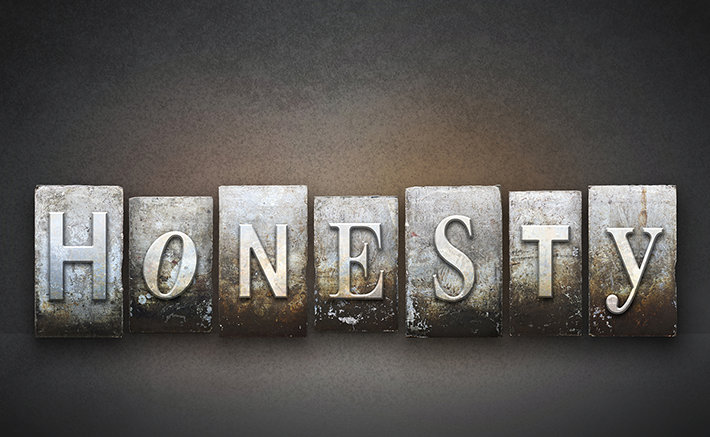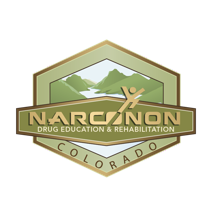The Dangerous Lies Addicts Tell Themselves

An inevitable development that occurs when living with addiction is the habit of lying. For the most part, people don’t want to be liars but if you are going to maintain a habit of substance abuse then lying becomes an almost necessary aspect of being able to do so. We don’t mean to hurt the ones we love, it just sort of happens and unfortunately anything that gets in the way of getting that next buzz or fix usually falls into second place. It’s a sad way to live but has become the reality for so many who are caught up in the fast lane of drug and alcohol abuse.
The ironic part about this is the vicious cycle it creates. People lie so that they can continue to use and then they feel the need to continue to use to help them forget about the guilt they feel from lying. When left unchecked this cycle can go on and on destroying everything of value in a person’s life. The broken trust and ruined relationships become the casualties of these events and continue to fuel the need to keep using in order to bury the consequential remorse.
Perhaps the most dangerous lie that an addict can tell themselves is the lie that they can have just one drink, or get high just one more time. This lie becomes an annoying little voice in the back of people’s head that makes them begin to question themselves. It makes people think that maybe this time will be different, even though it hasn’t been different the last twenty-something go-arounds. Even people who have years of sobriety under their belts can get ambushed by these sorts of thoughts, the important thing is that they no longer act on them. This is the lie that is often at the root of many a relapse.
“I’m not that bad off so I don’t need to stop…”
The other dangerous lie that addicts tell themselves is the lie that says “I’m not that bad off so I don’t need to stop.” It has been said that comparison is the thief of joy, well it can also develop into the pickpocket of recovery. When we compare our addictions to another’s it can become all too easy to start to justify our own behavior. A “functioning alcoholic” who still has their job looks at the homeless man on the street and begins to condone their own drinking because they still have a house and a job. This lie then enables them to overlook the fact that their marriage and health are falling apart due to their drinking. Everyone is different and every person’s addiction is unique. Comparing our own issues to other people’s problems does not provide any sort of solution, it only produces a distraction.
The most dangerous part of these lies is when people begin to believe them in order to continue living in a state of denial. The state of nonacceptance of the truth becomes deadly because it enables an addict to continue on with their self-destructive behavior. By placing blame on others an addict is able to rationalize their substance abuse to themselves. By doing so it becomes easier to live with the negative side effects of dependence. By saying it’s someone else’s fault that their family has “turned against” them when in all reality it is the addict’s addiction that has made them turn against their family they can feel less guilty about continuing to use.
So what is a person to do when they are caught up in addiction and have created so many lies they cannot even keep them all straight? Well, the very first thing to do is to own up to the mess and take responsibility for all of it. By owning up to the lies and the manipulation without trying to justify the behavior a person is finally able to redirect the course of their life and start making some positive changes.
Getting honest can be one of the most difficult aspects of early recovery because facing all of the damage that was created during an active addiction can be a painful experience. The process of picking up the pieces after the hydrogen bomb effect addiction has had on one’s life can seem daunting and frustratingly slow in the beginning. For many people, it almost doesn’t seem worth it. It is important to remember that once the lies have been sifted through and the truth emerges that healing begins to take place. At this point, a person is finally able to free themselves from the vicious cycle of their deceit and begin a new life.
One of the most important things a person needs to stay sober is honesty. We need to be honest with our family and friends in order to work on rebuilding trust. Most importantly a person in addiction recovery needs to be honest with themselves and realize that yes, they do have a problem and no they cannot have “just one drink” or get high “one time”. When these delusional thoughts begin to creep their way in they’ve got to be shut down before they lead further down the slippery slope towards relapse.
True recovery isn’t just about quitting drugs or alcohol, it’s about creating a whole new lifestyle. If the mindset of addiction is based on lies and denial then the culture of sobriety and recovery need to be based on honesty and integrity. Only by learning to be honest with others and most importantly ourselves can we learn to live a life free from drugs and alcohol.

